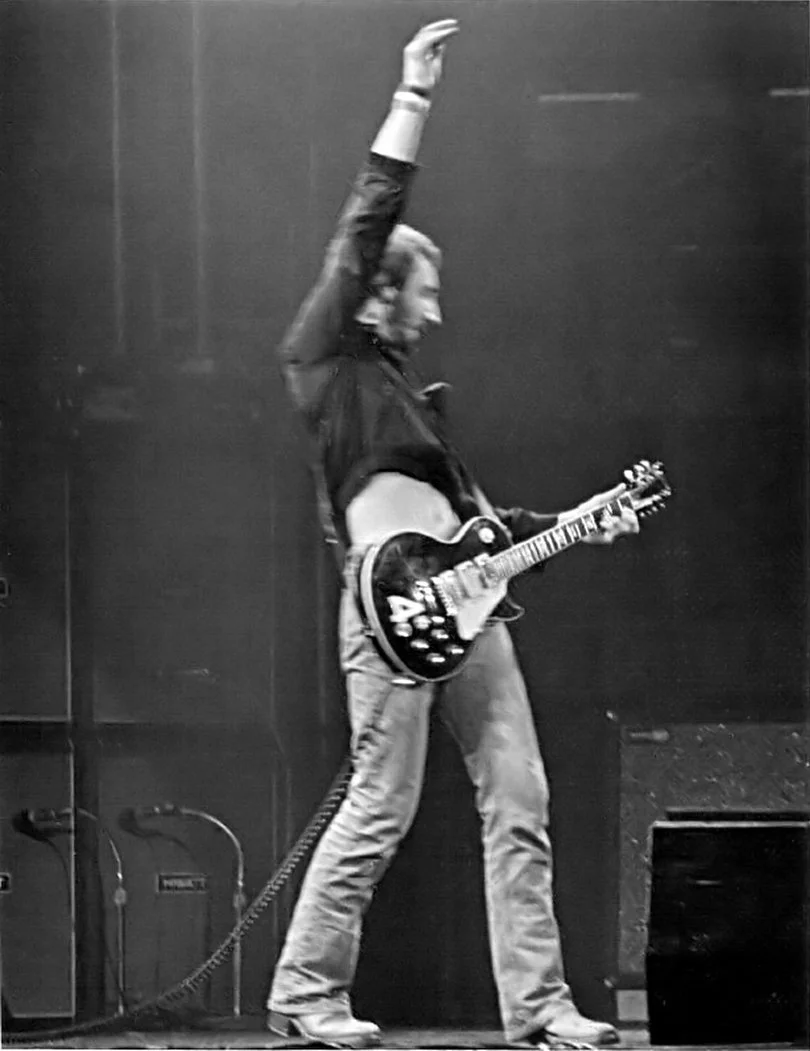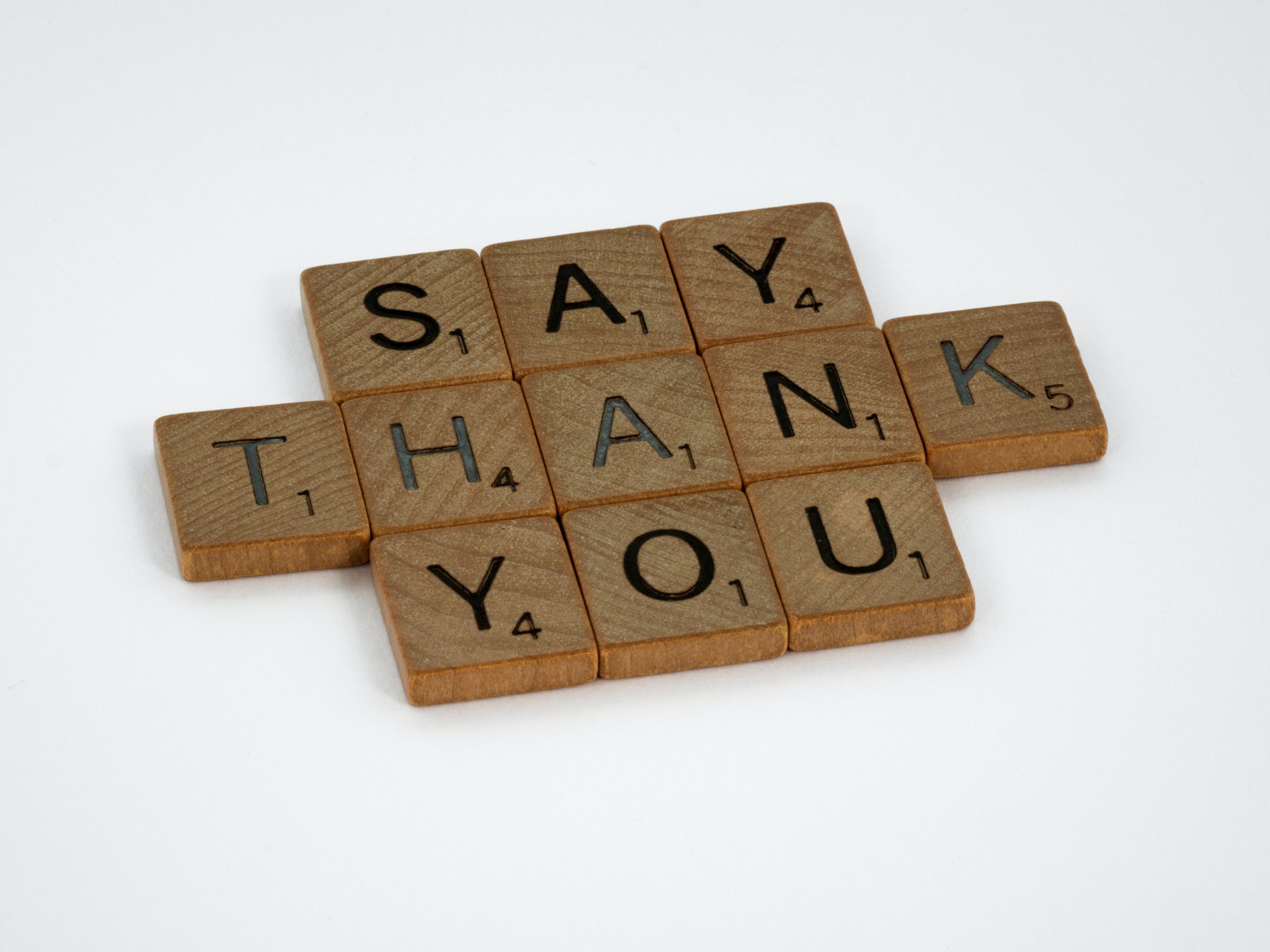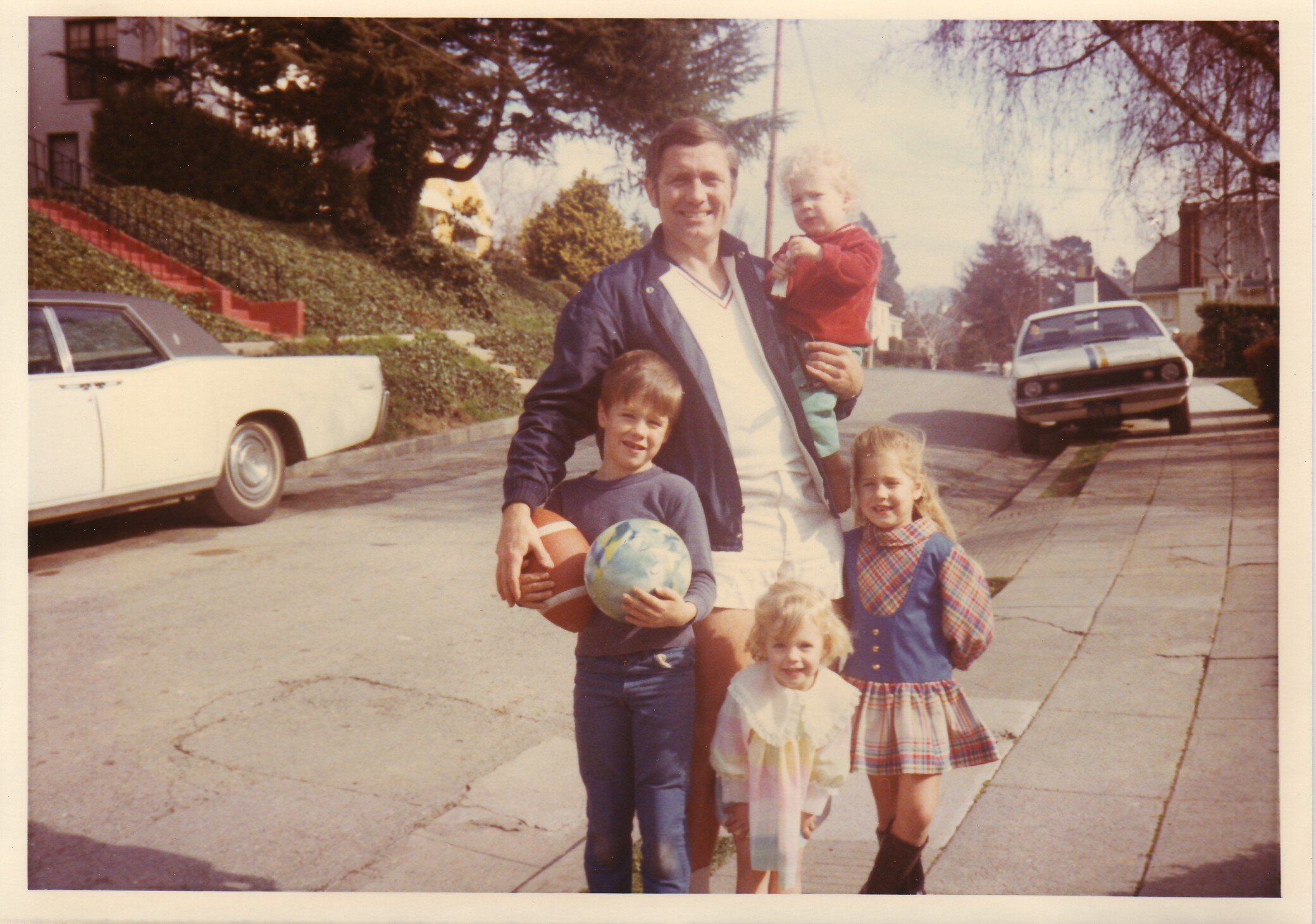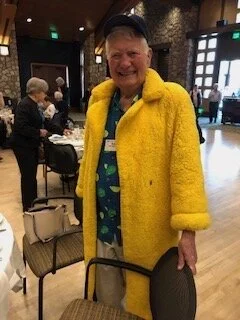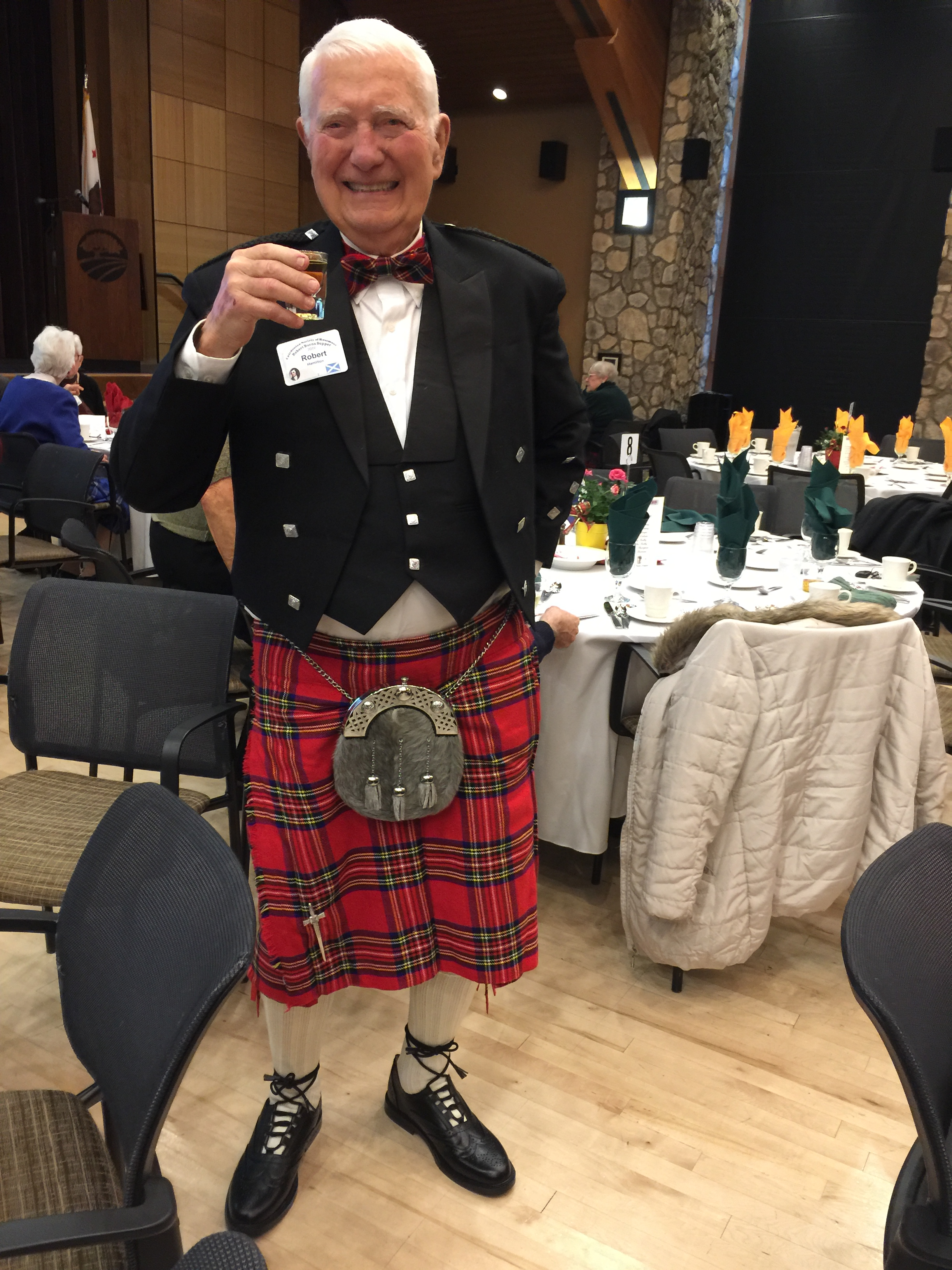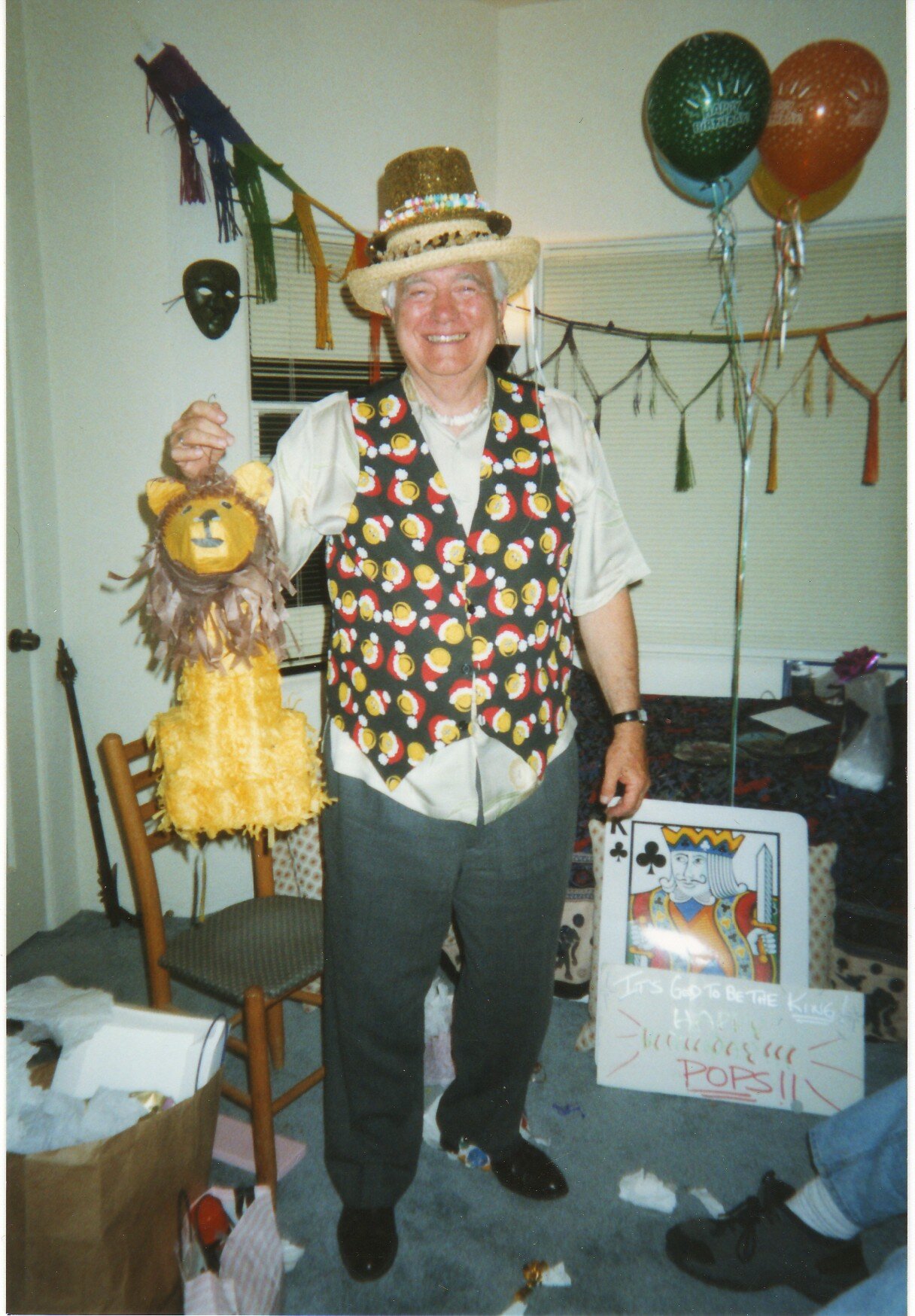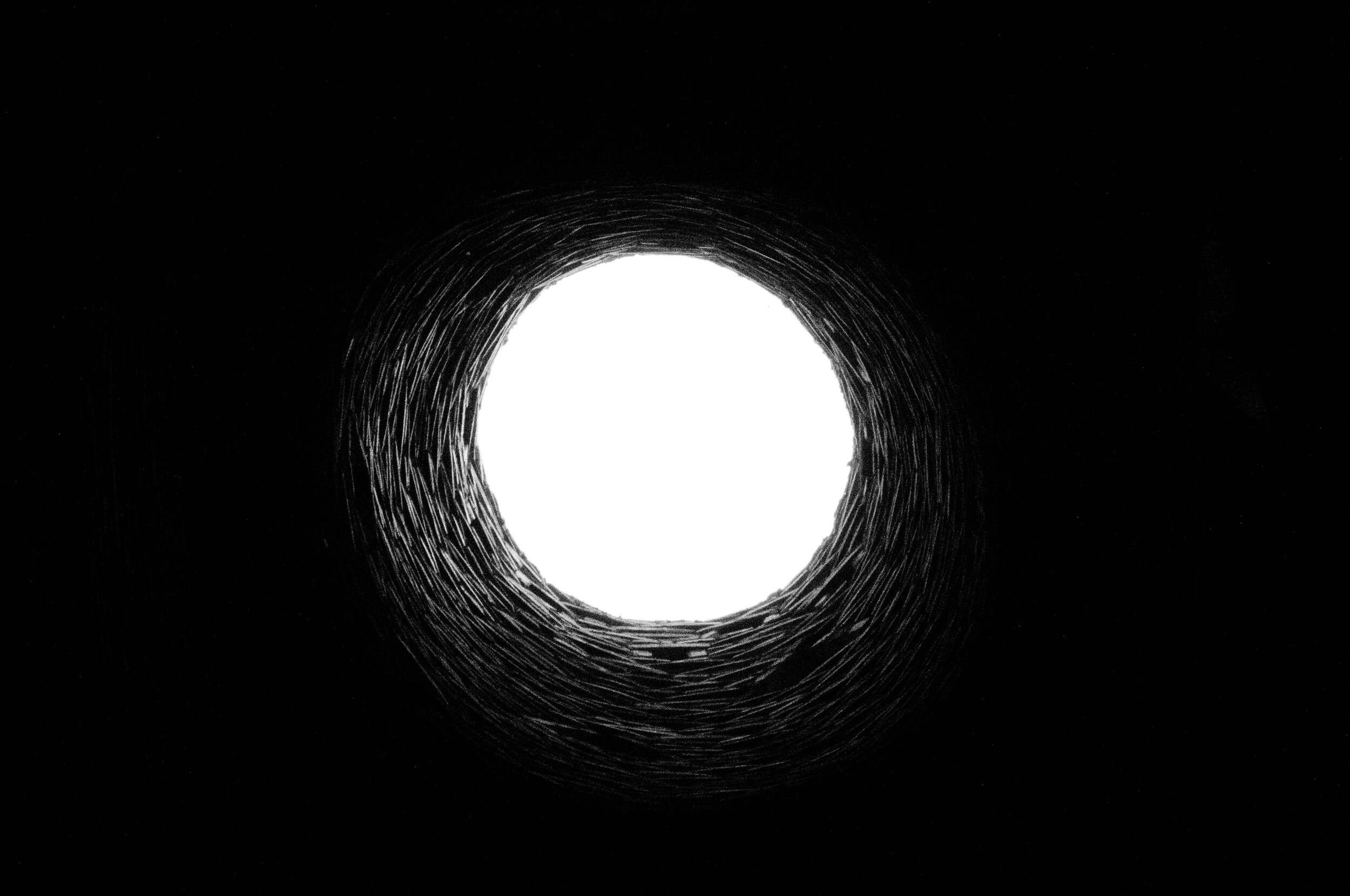My eldest son is applying for colleges right now. He’s chosen ten. After he had a few sessions with a college essay specialist, I’ve had the pleasure of copyediting and proofreading his personal essay. And my husband and I got to review one of the applications (the Common App) after our son filled it out. He did a great job! With him doing all the leg work with the applications, I filled out the FAFSA (scholarships and financial aid). What could’ve been stressful (and started off that way for him with nervous anticipation and us with unfamiliarity) has actually turned out to be kind of exciting.
It’s made me reflect on my own experience applying for and starting college. Our son’s process is so different from mine, so much better, if you ask me.
For one, it was my responsibility alone to apply to college—although it was always a given that I would go to college (an assumption I’m grateful for). My parents never offered to help me, and I had plenty of trepidation about the big change. And then there was the application process itself. To this day, I really hate filling out forms! I did the minimum. I didn’t fill out a single application for scholarships. I’m still working on forgiving that regret. That poor girl.
And though I did have an inkling of the kind of college experience I wanted, I didn’t think I could have it. I showed my parents the brochure I had received from Wake Forest University. That was it! A small liberal arts college back east (North Carolina would do, or anywhere in New England) with ivy crawling up weathered brick buildings where you could sit and have meaningful discussions in a place with seasons. Yeah, Baby!
I don’t remember my parents’ response when I showed them the brochure with shy hope. I suspect it was silence. Silent disapproval. I think they wanted me closer to home, and my dad didn’t want to pay for a private college. Things weren’t often stated directly in our household, but it seemed clear to me that this choice wasn’t an option.
So, I applied only to one college, UC Davis, where my older brother was already attending.
My freshman year as an Aggie was a searching year in which I felt entirely out-of-place. An English major, I took Advanced Calculus, Atmospheric Science and Latin among other courses.
The calculus professor sat unmoving in a chair in the front of the room and spoke in a monotone. Although high school math had always been fairly easy, this stuff was beyond my interest and sometimes beyond my understanding. It seemed to serve no discernible purpose, at least the way it was presented, removed from any real life application of the equations. It was friggin’ hard!
Nonetheless, I tortured myself with two semesters of it, earning a B and my first ever C.
Atmospheric Science was mostly for upperclassmen. I signed up for it at my brother’s suggestion to take a class with him, a senior. Though comparing stratus, cumulus and cirrus clouds was cool, the class was much too demanding for a freshman trying to find her way, so I dropped it.
My Latin professor had a lisp, which she assured us was actually authentic to the original pronunciation (I have no idea if this is true or not). Other than The Odyssey and veni, vidi, vici, I don’t remember much of my three trimesters. However, loving language and etymology, the study of Latin root words, prefixes and suffixes was cool. I still geek out on stuff like that.
My literature classes were mostly just okay that year, except the experience with the professor who wanted all our papers written with the brevity of a legal brief. That practice, though challenging, still serves me well today.
My freshman roommate was an acquaintance on my high school tennis team. I didn’t know until I got to Davis that she had requested an all-girls floor in the dorms. I had visited my brother during his freshman year and had been entranced with the communal vibe of his coed dorm floor. I was looking forward to that experience.
Hughes Hall, second floor, full of ONLY girls totally sucked! It was usually quiet, not much going on. And none of the other girls were liberal arts majors like me. I felt like the weird girl. I made no lasting friendships from that year.
I rushed as a little sister of my brother’s fraternity, Phi Delta Theta, at my brother’s request. They had an alligator in their bathtub and an old three-story house on B Street close to campus that smelled of perpetual stale beer. The initiation, a kidnapping with pressure to drain a pony keg with twelve other girls and then tell a dirty joke sitting in the dark with a flashlight in our faces was scarring. Back in the dorms that night, I threw up.
As the weeks wore on, I partied with my brother a little, but I didn’t have the social confidence or prowess of the other little sisters—or the ability or desire to down a lot of beer. I was “Sonny’s little sister,” never asked on a date or to a prom by his fraternity brothers. I just didn’t fit in. It wasn’t great for my already fragile self-esteem.
There was only one thing I knew I wanted to do when I got to college and that was to study abroad. In my second week on campus, I rode my bike to the Study Abroad Program office only to leave angry and disappointed when told I wasn’t eligible until my junior year.
A few weeks later, I picked up a college transfer form. I was thinking of UC Berkeley. But that was awfully close to home. So the form, tucked into my desk drawer, remained blank.
Then, in the third quarter (that’s what it was called even though mathematically it doesn’t make sense at all!) I found the theatre department.
I took a position on the backstage crew for a production of Chekhov’s The Cherry Orchard on the Main Stage. I loved it! The smell of the theatre, the old wood, the dust on the Fresnels, the grease of the fly pulleys for the big velvet curtains, the ancient fabrics of well-worn costume pieces. I loved being in the dark wings and watching as a magic world came alight on stage. I loved the buzz in the green room. I had found my place on campus finally.
I called my mother excitedly. “I think I’m going to double-major in English and Drama.”
There was silence on the other end of the line (that silent disapproval again). My heart sank.
It’s important to know that I was a well-trained “good girl.” I was supposed to please my parents at all costs, which equated in my mind to taking care of them emotionally, something, of course, I could never control. That was my belief system. But I had no articulation of any of that back then.
Two weeks later, my mother called me excited, “Lindy, I just talked to a friend of mine whose son teaches English AND Drama at the local junior college.”
My heart sank even further. My mother wanted me to be a teacher like she had been, something she could understand, a path that didn’t scare her. And I had no idea how to want something different than what my parents seemed to want for me. Maybe if I had a different make-up, but I didn’t.
I stayed at Davis. I had a better sophomore year though, getting even more involved in the theatre department. I ended up performing in at least one production or project almost every quarter for the rest of my college career. I loved it! The green room became my second home. It was like a world-within-a-world, out-of-character with the rest of the rather conservative campus. The theatre department was a place where we called professors by their first names and all hot tubbed together naked. (I hope that peaks your curiosity. :) More on that in another post!)
I just know if our sons call home from college announcing some new interest or direction while in college, I can’t wait to say, “That’s great. That sounds interesting. Tell me all about it.”
UC Davis, 1983 by Ian Abbott on flickr.com




